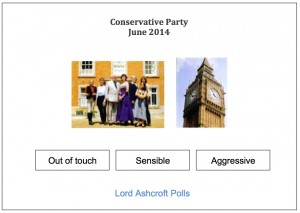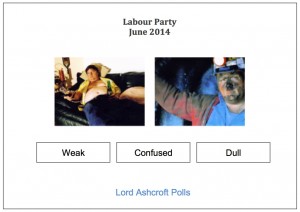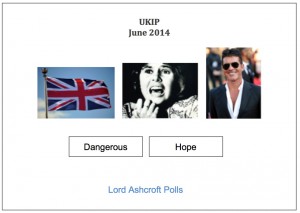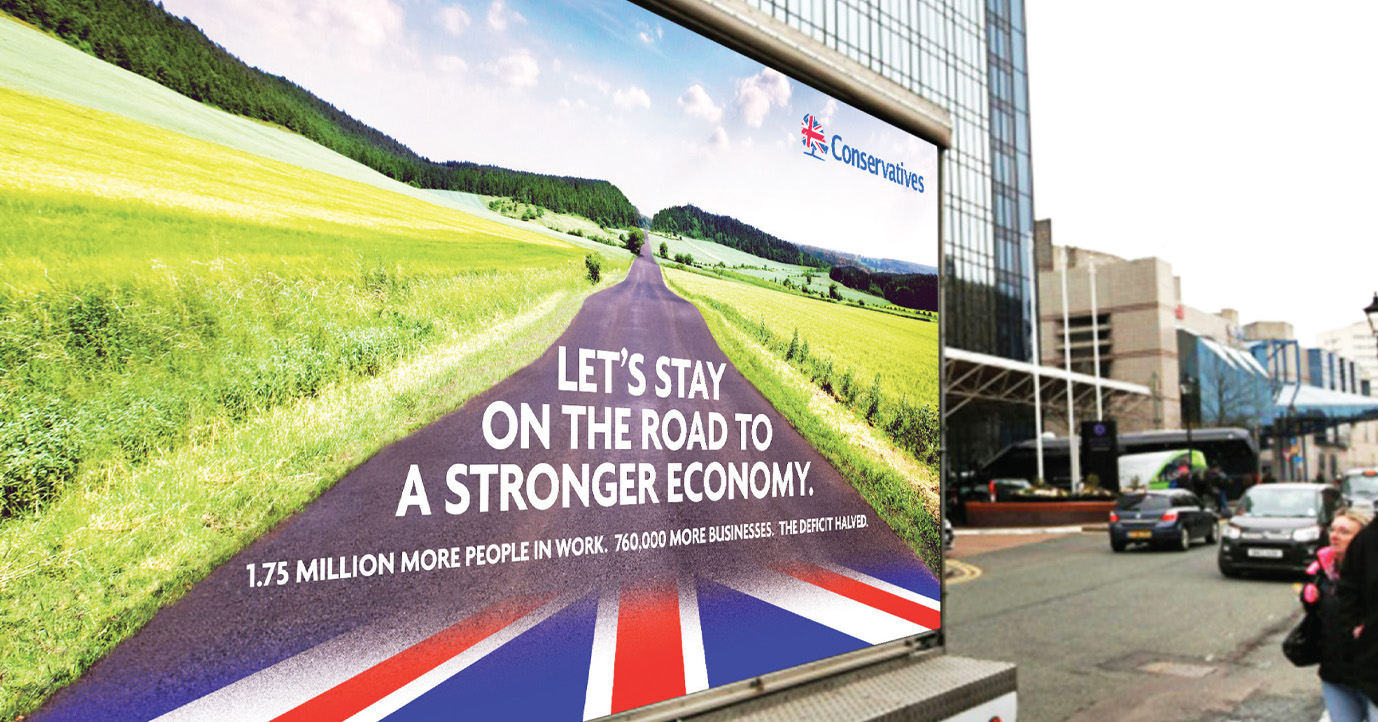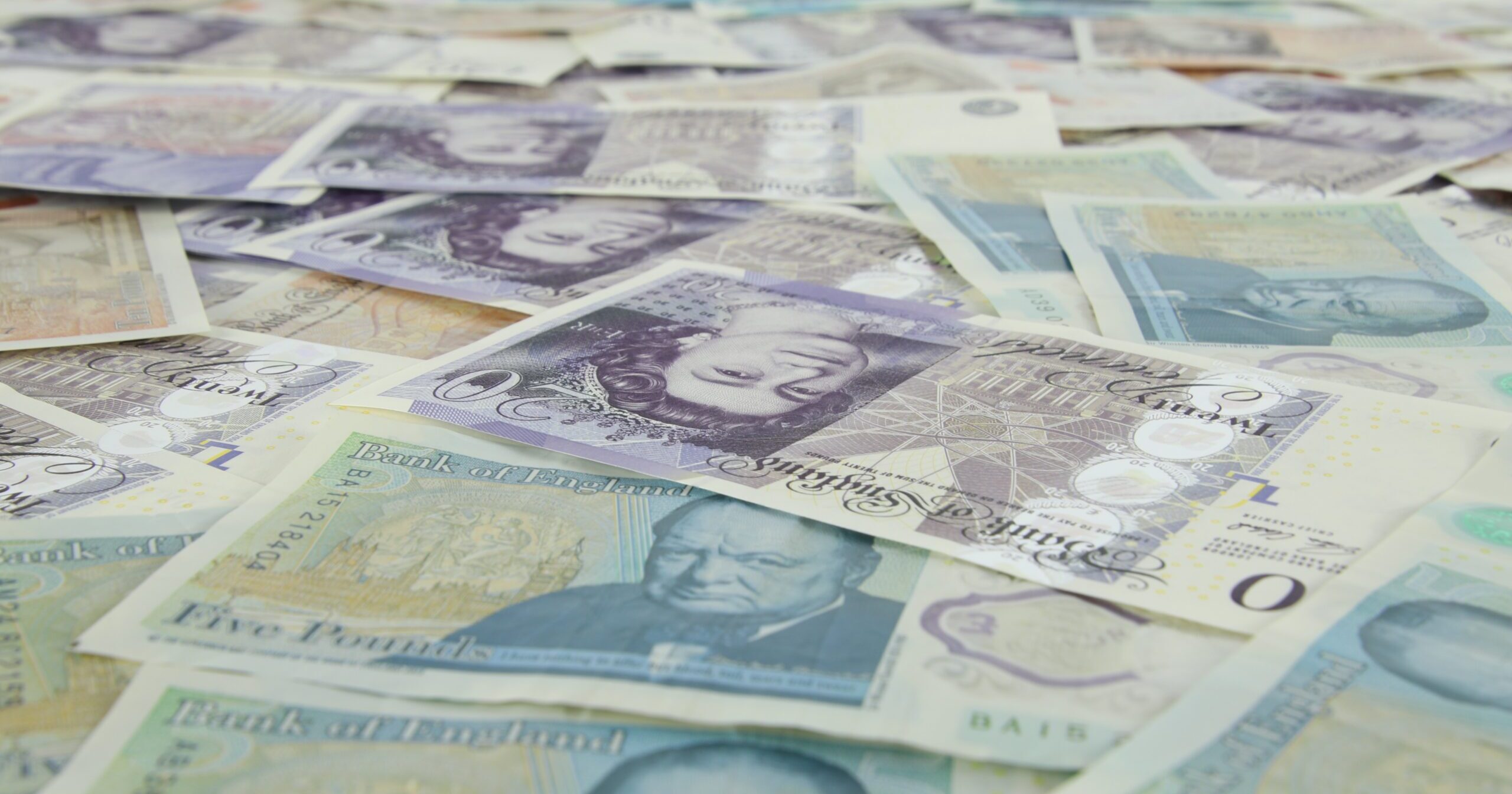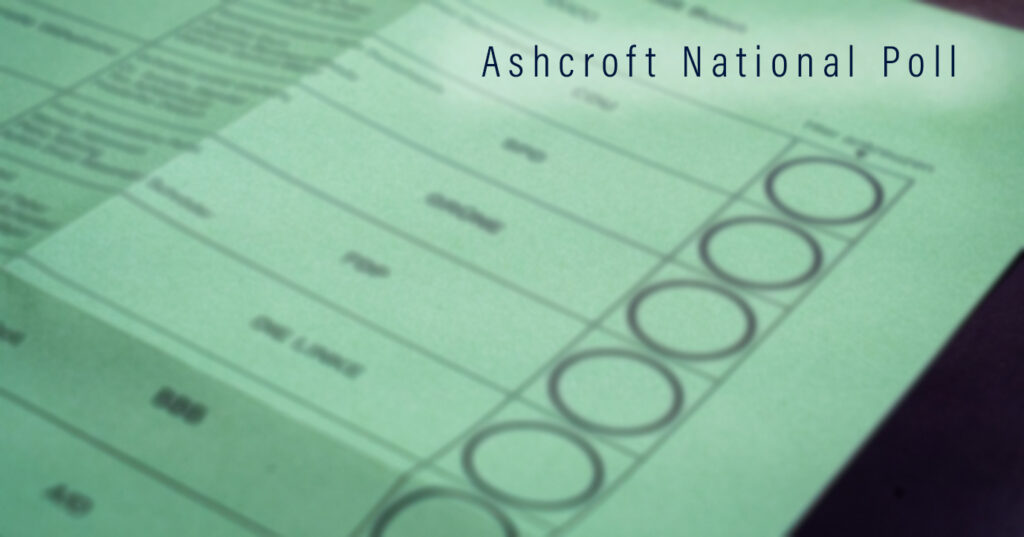
Labour lead by six points in the Ashcroft National Poll, completed yesterday. Ed Miliband’s party are on 35%, up three points on last week, with the Conservatives up one on 29%, the Liberal Democrats unchanged on 8%, and UKIP down two points at 15%.
Voting intention continues to be at odds with people’s preference of Prime Minister. A majority of all voters (59%) said they would rather see David Cameron than Ed Miliband in Number Ten. Perhaps surprisingly, less than two thirds of Labour voters said the opposite: 33% of them said either that they were satisfied with the job Cameron was doing (15%), or that even though they were dissatisfied they would prefer him over the Labour leader (18%). UKIP voters also preferred Cameron to the alternative by three to one. As I observed when I published my first round of research in marginal seats last month, which found a similar pattern across the Conservative–Labour battleground, many voters are going to have to decide over the next year whether to compromise on their choice of party or their choice of PM.
Ominously for Labour, swing voters – who either say they don’t know how they would vote or that they may change their mind – are less likely to want Miliband as PM (22%) than the country as a whole (28%).
Two weeks ago I found in the ANP that while 43% thought the country was worse off now than in 2010, and 36% said they were worse off personally, only a quarter thought things would have been any better had Labour been in government for the last four years (and around a third thought things would have been worse).
This week I have asked what people envisage for the future. Just over half (56%) said it would probably make no difference to them and their families who was in office for the five years after 2015. The remainder were evenly divided as to whether they would be better off under the Conservatives (21%) or Labour (19%).
UKIP voters were characteristically the most likely to say it would make no difference who was in charge (63%). Interestingly, however, Labour voters were more likely to think it would make no difference who was in government (52%) than to think they would be better off under their own party (45%).
As I said last month when setting out my research plans for the year, I will supplement my regular polls with an occasional series of focus groups. The aim is to add colour and context to the numbers, and to help explain why people think as they do, not just how many people think what.
The first round of these groups was conducted last week, in Thurrock and Halifax. Participants had voted for a variety of parties at the 2010 election but were open to switching next May. As part of the discussion these voters were shown a variety of words and pictures and asked to choose the two or three that best summed up their view of Labour, the Conservatives and UKIP. They then talked about their selections. This may sound a superficial exercise, but it helps reveal what is at the back of people’s minds. After all, the judgments they make about what is being said or done is strongly influenced by what they think of whoever is saying or doing it.
These groups are also a reminder that despite the preoccupation with often small moves in the headline poll numbers, underlying attitudes towards the parties shift much more slowly. I first deployed this technique when the Conservatives were in opposition, soon after the 2005 election. A staple choice to epitomise the party at that time was an image of a well-healed family gathered outside their large house. Years later, they are still there on the Tory “mood board”, representing the kind of people many voters think the Tories, at heart, represent. This goes alongside the regular selection of out of touch, which many felt applied more to the Conservatives than to other parties, though all were guilty to different degrees. As one participant explained, “it’s not that they’re too posh – I don’t want to get into class – but they live in a bubble and think they understand but they don’t.”
For the Halifax groups the choice of Big Ben signified the north-south divide (“they have faster broadband on their mobile phones down there than the fibre-optic in my house”), with which they continued to associate the Tories. Yet even some in Thurrock – a constituency that straddles the M25 – people complained that the party seemed too focused on London.
The verdict on the Conservatives was not entirely negative. Several chose sensible to describe their approach in government, especially on the economy: “It’s been rough for people. But if we’d kept going the way we did before we could have gone the way of Greece.”
Aggressive was not meant as a criticism. For those who chose it, the word conveyed the idea that the Tories are trying to “sort things out” despite resistance. “It’s the way they come across with their policies when they’re campaigning. I’m not saying it’s a bad thing, I quite like it. If they’re campaigning aggressively, it’s clear what they want to achieve.”
For Labour, the balance of opinion was rather more depressing. Even among those who voted for the Gordon Brown in 2010 and currently thought they would probably do the same next year, few had a good word to say about the party or its leader. The picture of the miner was chosen to represent Labour’s traditional working class roots, but also the party’s continuing relationship with the unions – not a good thing for some of the participants – and a feeling that the party seemed to have rather an old fashioned agenda.
During the last parliament, while the Tories were symbolised by a rich family Labour were summed up by a lazy slob lying on a sofa, beer in hand. This character shows no signs of going away: “Labour encourage that kind of behaviour. They make it too easy for people not to work and earn their money”. For some, the picture encapsulated their view of the party itself: “They really need to shake things up and show they’re moving forward. They’re just plodding along, coasting”, taking victory for granted.
The choice of weak usually referred to the leader, but was usually expressed in tones of sympathy rather than animosity: “He’s in the wrong job… He tries but I don’t think he gets it.” One participant observed, “there is enough ammunition to slate this government but they hardly ever win an argument”. Confused meant both that voters and the party itself seemed uncertain what it stood for or planned to do. “They say something, then something else crops up so they change to that. There’s no follow-through… They’ve got none of their own ideas.”
The view that the party was dull was linked to the idea that Labour seemed to have little new to say, and had not changed since losing the last election either in terms of outlook or personnel. Nor did it seem to have acknowledged, let alone learned from its mistakes in government. “They’ve never apologised for what they did. The fact is they put us in the biggest mess since the war and if they got back in they’d do the same all over again… If they’d apologised for what they’d done and refreshed the party, they would be in a better position now.” Looking at the combination of words and pictures her group had chosen, one participant observed more in sorrow than in anger, “It’s really mixed up, like them. Their heart is in the right place but they have no clue how to do it”.
The word dull was certainly never mentioned in relation to UKIP. A few even chose exciting, a word which seldom crops up in political research. Not at all surprisingly many people chose the Union flag. But while for some this symbolised straightforward patriotism, for others the party’s outlook included an unsavoury nationalistic edge.
By the same token, participants were divided over whether the UKIP represented hope or fear. They are “a change” and “listening to what people say”, which “could be quite exciting. Or it could be disastrous”. Apart from the view among some that the party’s approach depended on instilling or exploiting fear, some felt the party was dangerous because of its less well-known ideas. “They scare the living daylights out of me. They’ve cottoned onto one major thing but no-one knows what else they’re on about. They don’t believe in wind farms and they were talking about charging £10 to see your GP. When people vote for them and then find that out…”
If a picture of a flag was a predictable choice to represent UKIP, a picture of Simon Cowell was surely not. This symbolised the view that the party depended on the personality of its leader, who had become something of a celebrity – a status which he seemed rather to be enjoying. Many gave Nigel Farage credit for having a refreshingly unstuffy approach and answering interviewers’ questions rather than avoiding them. Again, though, the unknown characters in the background were a cause for concern: “LaFarge comes over brilliantly, but some of the others are absolute nutcases. There are some serious loons.”
Several participants in both locations had voted UKIP in the local or European elections, usually to express a view about Europe or to send a message to the other parties, or sometimes for very specific reasons indeed (“I jumped on the UKIP bandwagon because I heard Labour were going to close the swimming pool”).
Many of these voters had reservations about voting UKIP again at the general election. This was because they thought it would be a wasted vote, or that the party did not have policies on the full range of issues at stake in a general election, or was not ready to handle that level of responsibility. Notably, it was never because of the risk of letting in the wrong Prime Minister by mistake. More evidence that the “Vote X, Get Y” message will not work by itself. Better for Labour and the Tories to explain why people should vote for them, rather than why they should not vote for someone else.
